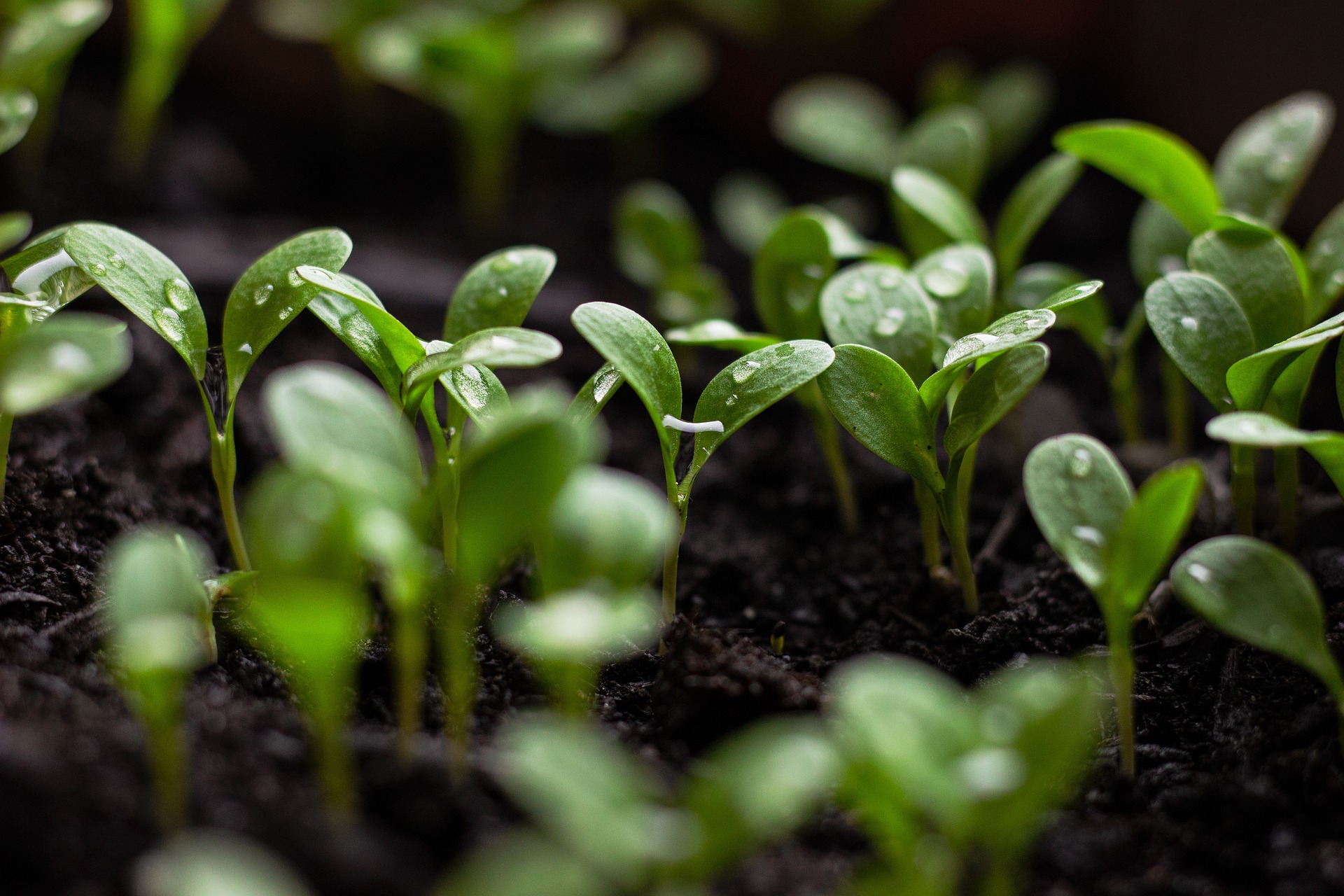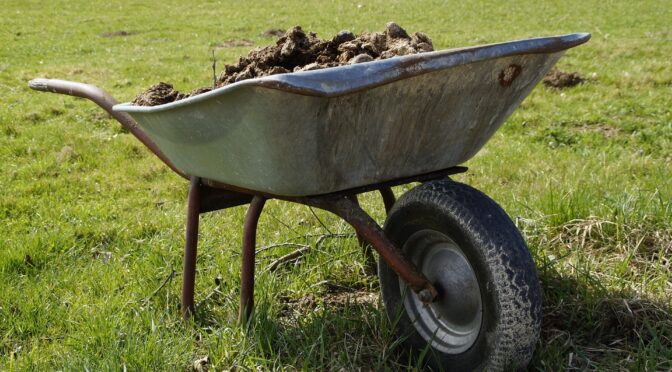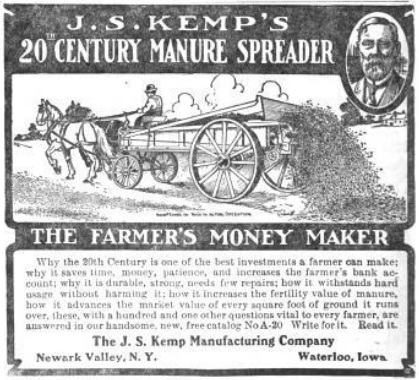An abundant source of manure can seem like garden gold, especially for those moving away from commercial fertilizers. Manure provides important nutrients, improves texture, and increases soils’ water-holding capacity. However, like anything else in gardening, manure isn’t always a perfect solution. Here are a few things you should know if you’re considering using manure on your garden.
Using Manure Properly
Manure may be full of nutrients, but it can also contain bacteria. Some of the bacteria in manure can be transmitted to humans via vegetables if it’s not properly handled and applied to the garden. While many small gardeners feel perfectly safe using manure, especially from their own livestock, you should still generally avoid using fresh manure around crops that may come into contact with the soil.
If you’re looking for good guidelines, the USDA National Organic Program has standards for handling fresh manure. These are especially important if you sell or hope to sell some of your produce.
USDA National Organic Program (NOP) Standards
The NOP has specific rules for when growers may apply non-composted manure to their gardens.
If you’re using manure on crops with an edible portion that may come into contact with the soil, you must apply the fresh manure 120 days before harvest. This rule includes vegetables that come into direct contact with the soil, like carrots and melons, and those that may come into contact with it from irrigation or rain splash, including leafy greens, peas, and beans.
Fresh manure can be incorporated into the soil up to 90 days before harvest for crops that don’t have an edible portion that touches the soil, like tree fruits and sweet corn.
Note that the 90- and 120-day restrictions apply only to food crops; they do not apply to fiber crops, cover crops, or crops used as livestock feed.
Avoid Run-Off
When applying fresh manure to gardens, you also want to avoid run-off. Manure running into local streams, storm drains, and other waterways can lead to excessive amounts of nitrogen and other nutrients in the water, which may cause toxic algal blooms. To help prevent and control run-off, you can plant cover crops, better incorporate the manure into the soil, and create berms or swales.
Composting Manure
Alternatively, you can compost your manure. To kill bacteria and pathogens in compost, you’ll need reasonably high composting temperatures, between 131-170°F (54-60°C), for several days. These temperatures will also kill parasites, weed seeds, and harmful fungi.
Herbicide Contaminated Manure
The widespread use of commercial herbicides has also presented another issue for gardeners. Manure from animals that have eaten hay or forage from fields that were treated with aminopyralid or related herbicides like clopyralid or picloram may be contaminated. Animals’ digestive systems do not filter these chemicals out. Therefore, adding their manure to gardens can severely damage legumes like beans and peas, solanaceous crops like tomatoes and peppers, and other broadleaf crops. You can check for herbicide residues at home with a bioassay test.
 Bioassay Test
Bioassay Test
You’ll need 6 to 10 pots and seeds or seedlings to conduct a bioassay test. In its simplest form, you will check and see how seedlings grow in soil you know to be safe compared with how seedlings grow in soil mixed with the unknown manure.
Fill half of the pots with soil you know is good quality and free from herbicides, like soil from your own garden. Fill the other half of the pots with a one-to-one mixture of soil and manure. When you collect manure for this, take samples from different areas and depths in the pile and mix them together.
Then plant the same type of seed or transplant the same age and type of seedling in each pot. Observe their growth over the next three weeks. Make notes on the plant’s overall growth, including the leaves and roots. Watch for signs of stunted growth, discoloration, abnormal growth, curled leaves, root swelling, or stunting.
The North Carolina Extension Agency has further instructions for Bioassay tests and a helpful table covering some recommended bioassay species for residual herbicides and the expected injury symptoms.
Can I Use Pet Waste?
No, you should not use pet waste in the garden or compost it for use in the garden. Waste from cats and dogs may contain heavy metals, bacteria like E. Coli and Salmonella, as well as parasites like tapeworms and ringworms.
If you need to get rid of pet waste, make a separate compost pile, and don’t use it on the garden.
If you have a pet rabbit, their waste is safe for the garden as long as you use compostable litter.
Can I Use Human Waste?
It sounds weird, as most of us in the United States have modern plumbing, but the idea of using human waste on crops isn’t new. Until about 400 years ago, adding human waste back to the soil was commonplace.
Today, this practice is mostly followed by off-grid and sustainability enthusiasts. If you’re interested in these topics, you may have heard of “The Humane Handbook,” written by Joseph Jenkins in 1995, which helped to make waste composting systems more popular.
If properly managed, human waste can be safely composted and used. That said, you’ll need to be set up for it. Even then, you should only use human waste when it’s fully composted and only use it around fruit trees and ornamental plantings.
Manure is a wonderful garden amendment when handled properly. If you want to use manure in your garden, follow these steps to ensure it doesn’t contaminate your garden with herbicides or bacteria.




